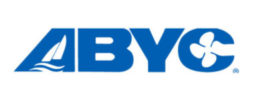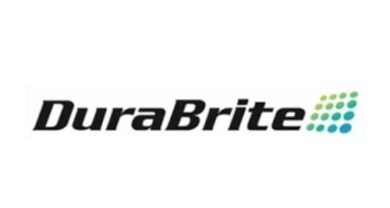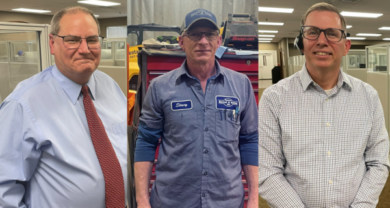Service shortage to hurt boat sales?
Private water access is increasing in North Carolina as more waterfront condos are built.
At first glance, that appears to be good news for the boating industry. More slips mean more boats to be sold, many of them expensive boats.
“Access, if you define access as getting people in their boats and on the water, is probably going up because there are more slips, far more slips,” says Mike Bradley, program director for North Carolina’s Small Business and Technology Development Center Marine Services. “As condos with marina slips develop, they are purchased by people who use boats.”
But as the number of private slips is growing, the number of public slips is shrinking. Bradley says he knows of more than a dozen marinas that have closed this year or plan to close soon, most of whom have sold to condo developers. It comes down to math.
“To sell it to a condo developer is anywhere from 5 to 10 times the sales price as someone who would continue it as a service marina,” he explains. “Once a service marina is sold as a condo marina, it can never go back.”
The biggest impact, according to Bradley, is a reduction in services, from repair to pump-out.
“We’re going to have more boats demanding more services and fewer opportunities for the service,” he explains. “We’re going to reach the point where it doesn’t make sense to buy a boat even though you have a slip because you can’t get it repaired.”
There are other issues too, however. Fewer marinas open to the public puts strain on those who can afford a boat and a slip rental but not waterfront property. As the number of slips available for rent declines, the price for the remaining slips goes up, potentially driving cost-sensitive boaters out of the market.
In addition, it means fewer available slips for transient boaters, of which the state has 14,000. And transient boaters can be a major source of income for local marine businesses. In a recent study, the Marine Trades Association of Maryland, for example, found that transient boaters spent about $154 million in the state in 2004 on fuel, slip fees, food, entertainment, etc.
The answer, according to Bradley, is for North Carolina and its municipalities to hold onto the marinas they own and, in recognizing the economic value of privately owned marinas, help them stay in business, perhaps through tax credits.
Usually, state properties have a better chance of being left in the public domain than private, but there is another side to the issue, says Bradley. The tax benefits of having a condominium in place are much higher than a marina. Without studies like the one in Maryland to demonstrate the extent to which marinas benefit the economy, there isn’t much hope that government officials will come through.
North Carolina has an advantage over other states, though, when it comes to getting officials to consider boating industry causes, as it’s home to a growing number of boat builders.
“We’re talking about jobs,” says Bradley. “North Carolina boat builders employ about 15,000 people. If you can’t sell boats, it’s a big deal.”
That day remains in the future, however. Bradley says it has yet to impact sales. In fact, the state is still seeing an increase in boat sales as the number of privately owned slips rises.
Marinas sell to condo developers
These eight North Carolina service marinas have been sold to condo developers, and others will likely follow.
• 70 West Marina, Morehead City
• Spooners Creek, Morehead City
• Southport Marina, Southport
• Salty Dawg, Manteo
• Minnesott Beach Yacht Basin, Minnesott Beach
• Whittaker Creek Yacht Harbor, Washington
• Morehead City Yacht Basin, Morehead City
• Shallowbag Bay Club, Manteo




